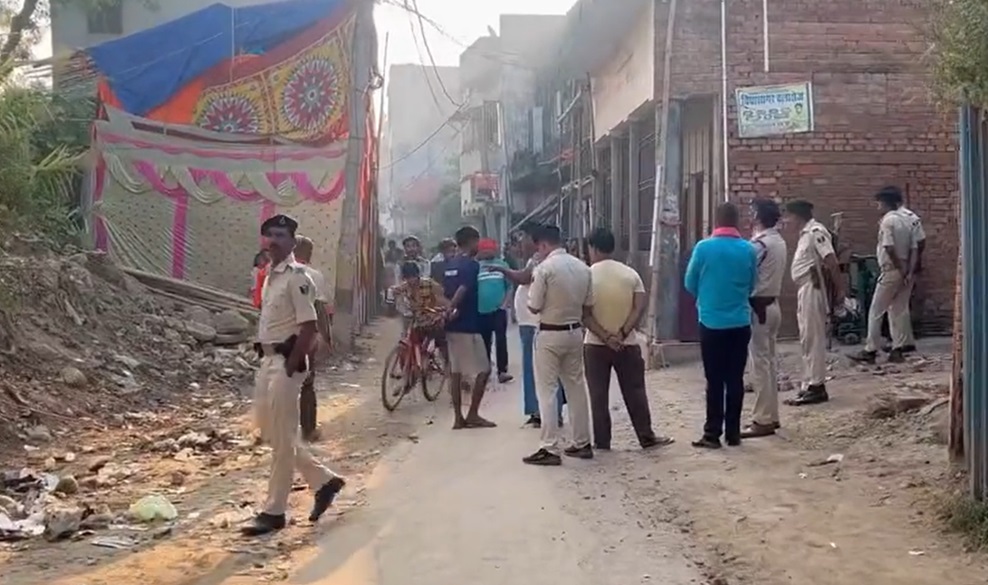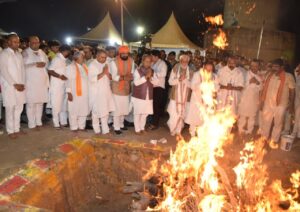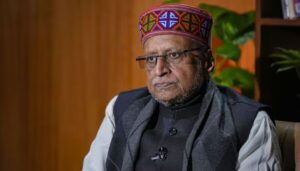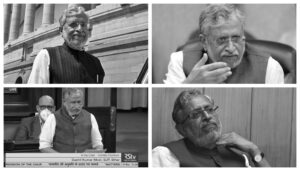Bihar: Guidelines Issued for Regulating Religious Processions; Restrictions Imposed On Display Of Weapons, Undertakings from 10-15 Participants Must

Patna – In light of recent instances causing communal tension and law and order issues during religious processions and shobha yatras, the Government of Bihar, Home Department (Special Branch), has issued crucial instructions to ensure effective control. The letter emphasizes the need to regulate these events through the Bihar Police Act 2007 and the Bihar Police Manual 1978.
K Suhita Anupam, Special Secretary to Government of Bihar, wrote to all District Magistrates, Senior Superintendents of Police, and Superintendents of Police, on 13th November regarding regulating religious processions and issuing licenses to the processions.
According to Section 66(2) of the Bihar Police Act 2007 and Rule 23 (Schedule-47, Form-10) of the Bihar Police Manual 1978, the government has outlined provisions for regulating religious processions and granting licenses for the same.
The conditions for approval of religious processions and the corresponding licenses include the following key points:
- The noise level of microphones/public address systems or any sound amplifier used during religious processions should not exceed the prescribed standard decibel level for the area.
- The usage of loudspeakers is restricted to procession leadership for controlling the procession, and a separate license will be issued for each sound amplifier. This information must be clearly stated in every license.
- To ensure compliance, there is an app available on mobile devices for easy verification of the matching of decibel of each loudspeaker.
- The display of sticks, spears, swords, etc., during processions is subject to stringent regulations. A provocative display of firearms and other weapons is strictly prohibited, except for certain circumstances such as the kirpan carried by the Sikh community.
- If necessary to carry a sword or similar item, organizers must obtain separate permission for each person.
- The collection of names, addresses, and Aadhar card numbers of at least 10 to 25 participants in processions is mandatory to maintain law and order.
- The magistrate or police officer deputed for the procession must ensure that the conditions mentioned above are met before allowing the procession to depart from the starting point.
- The station in-charge of the concerned police station must be immediately informed by the deputed police officer after verifying and confirming the conditions.
These guidelines aim to create a safer and more controlled environment during religious processions, preventing potential law and order issues.





